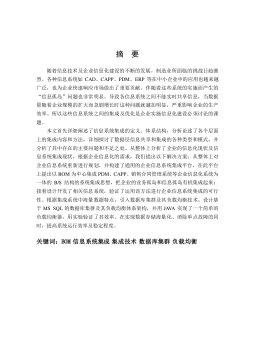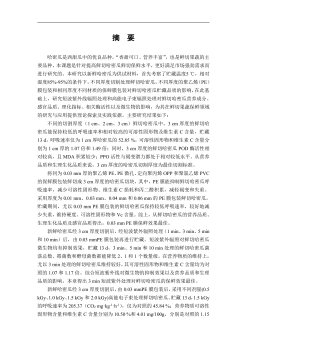知识密集型企业人才激励模型设计
摘要知识经济时代,企业的生存和发展将更多的取决于知识的拥有、创造和利用。知识型员工成为企业创造价值的重要驱动力量。尽管知识密集型企业已经意识到知识型员工的重要性,但是目前却无法建立起对知识型员工行之有效的激励制度,以推动知识员工的知识创新,实现企业的持续经营和发展。因此,如何建立起有效的知识型员工激励制度成了企业和学术界急待解决的问题。本文旨在提出适用于知识型员工的激励模型,为制度的设计提供参考。本文首先在分析知识经济时代下的知识密集型企业的新特征和知识员工的需求特点的基础上,探讨了知识员工管理激励新挑战。然后分析知识型企业激励现状以及产生的原因,总结了知识密集型企业激励应当遵循的基本原则,研...
相关推荐
-
【拔高测试】沪教版数学五年级下册期末总复习(含答案)VIP免费
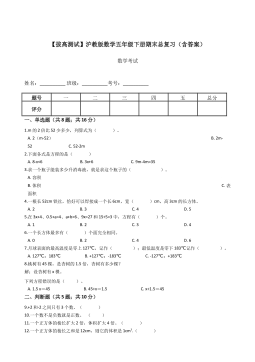
 2024-11-19 13
2024-11-19 13 -
【基础卷】小学数学五年级下册期末小升初试卷四(沪教版,含答案)VIP免费
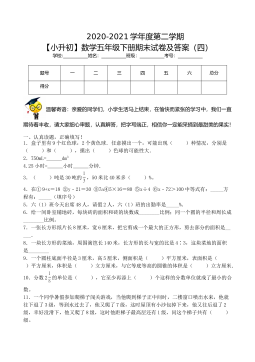
 2024-11-19 8
2024-11-19 8 -
期中测试B卷(试题)-2021-2022学年数学五年级上册沪教版(含答案)VIP免费
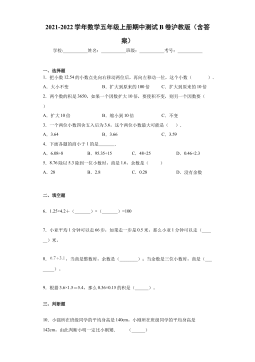
 2024-11-19 8
2024-11-19 8 -
期中测试B卷(试题)- 2021-2022学年数学五年级上册 沪教版(含答案)VIP免费
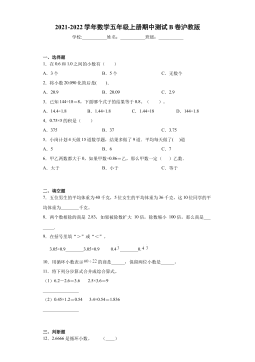
 2024-11-19 10
2024-11-19 10 -
期中测试A卷(试题)-2021-2022学年数学五年级上册沪教版(含答案)VIP免费
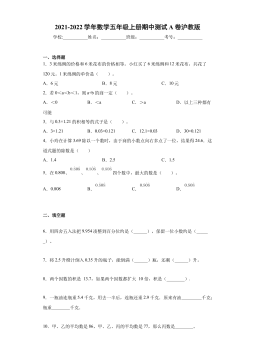
 2024-11-19 14
2024-11-19 14 -
期中测试A卷(试题)-2021-2022学年数学五年级上册 沪教版(含答案)VIP免费
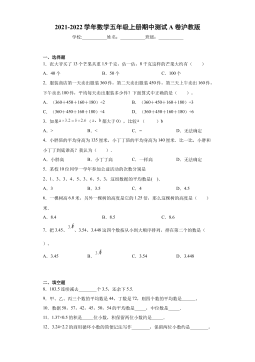
 2024-11-19 15
2024-11-19 15 -
期中测B试卷(试题)-2021-2022学年数学五年级上册 沪教版(含答案)VIP免费
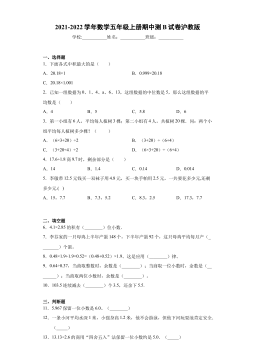
 2024-11-19 11
2024-11-19 11 -
期中测A试卷(试题)-2021-2022学年数学五年级上册沪教版(含答案)VIP免费

 2024-11-19 22
2024-11-19 22 -
【七大类型简便计算狂刷题】四下数学+答案
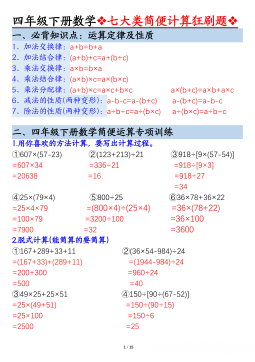
 2025-03-18 6
2025-03-18 6 -
【课内金句仿写每日一练】四下语文
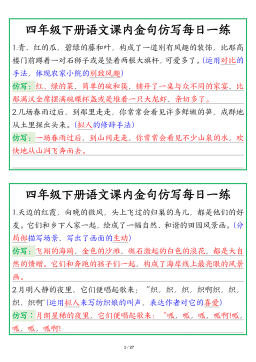
 2025-03-18 6
2025-03-18 6
相关内容
-

期中测试A卷(试题)-2021-2022学年数学五年级上册 沪教版(含答案)
分类:中小学教育资料
时间:2024-11-19
标签:无
格式:DOCX
价格:5 积分
-

期中测B试卷(试题)-2021-2022学年数学五年级上册 沪教版(含答案)
分类:中小学教育资料
时间:2024-11-19
标签:无
格式:DOCX
价格:5 积分
-

期中测A试卷(试题)-2021-2022学年数学五年级上册沪教版(含答案)
分类:中小学教育资料
时间:2024-11-19
标签:无
格式:DOCX
价格:5 积分
-

【七大类型简便计算狂刷题】四下数学+答案
分类:中小学教育资料
时间:2025-03-18
标签:数学计算;校内数学
格式:PDF
价格:1 积分
-

【课内金句仿写每日一练】四下语文
分类:中小学教育资料
时间:2025-03-18
标签:无
格式:PDF
价格:1 积分


